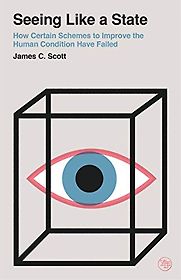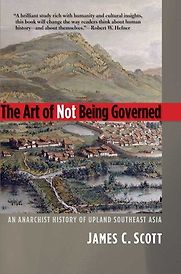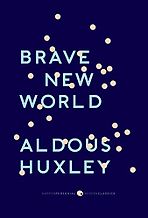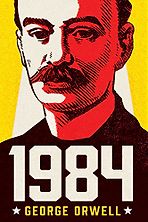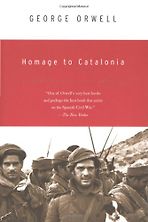Recommendations from our site
“It’s a story about state simplification. States impose order on the places and people they’re trying to rule, with an aim of trying to control them more effectively. The extreme versions are the high modernism of the 1950s or the Soviet planning regime, but those are just the big obvious ones. More interesting, in a way, are earlier ways in which all modern states emerged and imposed themselves on messy traditional practices, mostly in order to be able to control and tax the people…One example he gives is standardized weights and measures. He spent a lot of time in Malaysia, where if you ask somebody how far it is to the next village, they will tell you that it’s three rice cookings. Everybody knows how long it takes rice to cook, and how long it takes to walk there is more useful for you than knowing that it’s ten kilometers. Ten kilometers on the flat is very different from ten kilometers in the mountains. But the state’s not very satisfied with those sorts of weights and measures and distance indicators. They want some standard measures on the basis of which they can tax people.” Read more...
The Best Political Science Books
Robert E. Goodin, Political Scientist
“Scott’s book is very important for anybody who wants to have an understanding of how complex modern societies work, why things seem to fail predictably, and what you can do about them, to a limited extent. He doesn’t have many solutions and prescriptions but his analysis and diagnosis is spot on.” Read more...
The best books on How the World Works
Venkatesh Rao, Entrepreneurs & Business People
“This is a book that talks about the perils and limitations of policy wonk hubris – the idea that we are capable of large-scale top-down designs on society to have specific effects. It goes through a number of cases, such as urban planning, where the most well-intended thoughtful interventions don’t lead to the desired effect and sometimes have exactly the opposite effect. I would say an example would be global population policies, such as the Chinese one-child policy. It’s a good lesson for people thinking about climate change, whether to create a global policy for carbon dioxide emissions – we’ve seen that lead to corruption and mischievous accounting rather than emission reduction.” Read more...
The best books on Climate Change Innovation
Roger Pielke Jr, Environmentalist
“He thinks that the way that the state chooses to count, or the way it chooses to see, will inform how it behaves and what kind of animal it becomes. Scott explains, for example, how in France, in early modern times, the state decided to count two things. It decided to count how much salt there was and how many able-bodied men there were, because it wanted to tax the salt and send the able-bodied men off to war. Now perhaps the state decides to count other things, how many healthy people there are, how many well-educated people they are… So that what the state chooses to count determines the parameters of what the state chooses to do.” Read more...
The best books on Failed States
Clare Lockhart, Development & Aid Workers (see also Economists)
